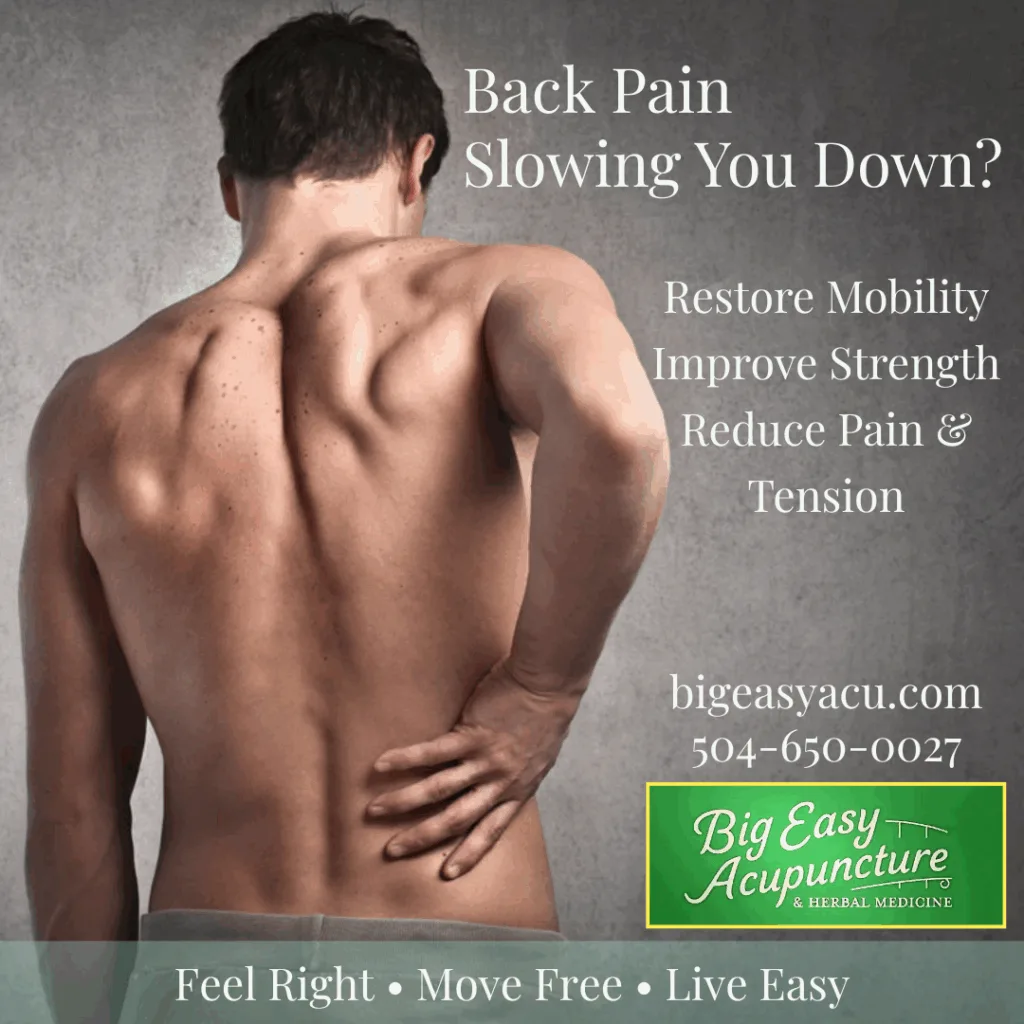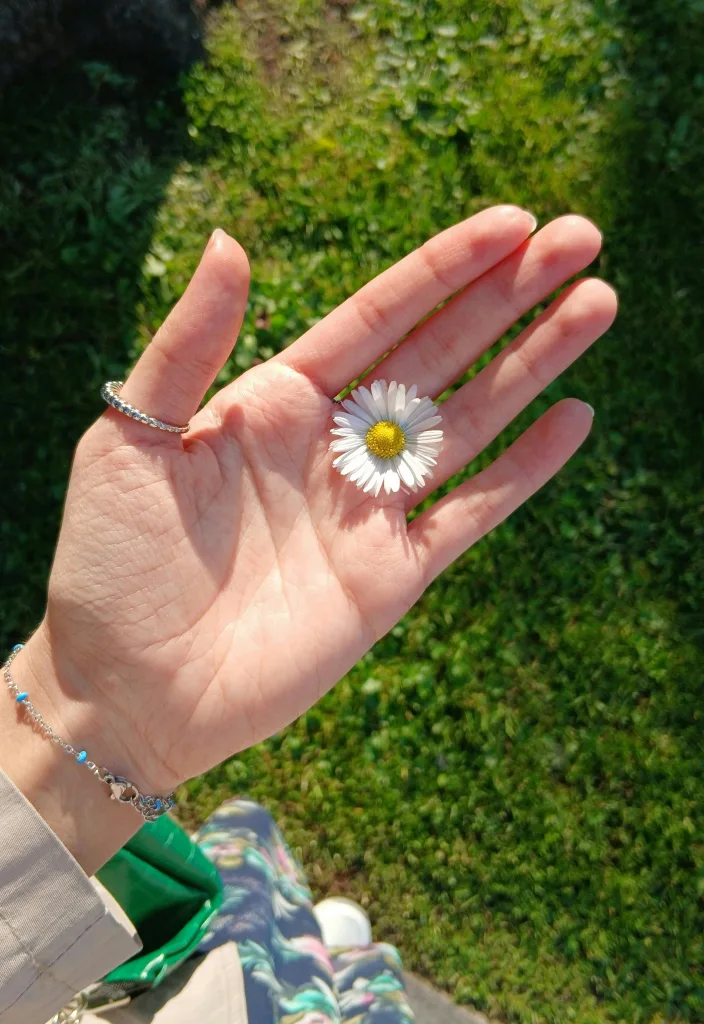
Acupuncture for Depression | Big Easy Acupuncture
Support for low mood, low energy, and nervous system balance
All Emotions Are Part of Being Human
All emotions are normal.
No one feels happy all the time.
No one feels sad, angry, fearful, or calm all the time either.
When sadness, heaviness, or lack of motivation begin to affect sleep, focus, relationships, or daily life, it can feel overwhelming.
When one emotion lasts too long, our views can narrow.
Things may feel in the way instead of on the way.
When sadness, discouragement, or hopelessness last too long, quality of life can suffer.
Support can help the body and nervous system settle so emotions can move more freely again.
Many of our patients are busy professionals, caretakers, or people living with long-term stress or pain. When the body stays run down for too long, mood and energy often follow.
Acupuncture works with both the body and the nervous system. Treatment helps release physical tension, improve blood flow, and support nerve regulation. As the body becomes less strained, many people find it easier to move through the day, think more clearly about what matters, and see situations with a wider view.
At Big Easy Acupuncture & Herbal Medicine in Metairie, we use acupuncture, herbal medicine, and Traditional Chinese Medicine to support the nervous system, improve resilience, and help the body move out of a stuck state.
What Depression Can Feel Like in the Body
Depression is more than feeling sad. It often affects how the body and nervous system work together.
Some people feel low or flat. Others feel heavy, tired, or disconnected. Many notice low energy, poor focus, or trouble starting daily tasks. Simple things can feel harder than they used to.
Depression may show up as:
- Low or uneven energy
- Trouble focusing or mental fog
- Changes in sleep
- Body aches or muscle tension
- Loss of motivation
- Feeling overwhelmed or shut down
When stress, pain, illness, or pressure last too long, the nervous system can stay in a protective state. This can narrow energy, focus, and emotional range over time.
This does not mean something is wrong with you. It often means the system has been under strain for too long and needs support.
The Traditional Chinese Medicine View
In Traditional Chinese Medicine, emotions and physical systems are connected. Each emotion relates to how the body manages stress, energy, and recovery.
When emotional strain, lifestyle stress, or illness last too long, balance can be disrupted. This may show up as physical symptoms, changes in mood, or both.
How Acupuncture Supports Depression
Acupuncture supports the body systems that influence mood, energy, and stress response. It works by helping the nervous system regulate, improving circulation, and reducing physical strain.
By addressing the body first, acupuncture can help create the conditions needed for emotional balance to return.
Over time, patients often notice:
- More steady energy
- Clearer thinking
- Less physical tension
- Improved sleep quality
- Better stress tolerance
- Emotions that feel easier to move through
In simple terms, acupuncture helps the body move out of a stuck state and back toward balance.
What Depression-Focused Care Looks Like Here
Care at Big Easy Acupuncture is structured and personal. We look at how depression shows up in your whole system, including:
- Energy and sleep patterns
- Muscle tension or chronic pain
- Digestion and appetite
- Stress load and daily demands
- Other care you may already be using
Treatments are adjusted over time based on how your body responds.
What to Expect at Your First Visit
At your first visit, we will:
- Review your health history and symptoms
- Talk about mood, stress, and energy patterns
- Check areas of physical tension
- Create a care plan that fits your needs
- Begin treatment
Treatment may include:
- Acupuncture
- Gentle bodywork
- Cupping or gua sha when helpful
- Herbal or lifestyle support when appropriate
How Many Treatments Will I Need?
The number of treatments depends on several factors, including:
- How long symptoms have been present
- Whether depression is recent or long-standing
- Stress levels, sleep, and overall health
- How the body responds to treatment
In general:
Recent or situational depression
Many people start with 1-2 visits per week for a few weeks. As the body stabilizes, visits are spaced out.
Long-standing or complex patterns
Depression that has been present for months or years, or that overlaps with pain, insomnia, or chronic stress, often needs a longer course of care. Treatment may continue over several weeks with regular progress checks.
We reassess along the way and adjust care based on how your body responds.
Herbal Medicine for Depression Support
Chinese herbal medicine can support mood, energy, and sleep when used alongside acupuncture.
Formulas are customized and adjusted as your body changes. Herbs are used to support balance, not to numb emotions.
Depression and the Rest of the Body
Depression often overlaps with:
- Anxiety or chronic stress
- Ongoing pain
- Sleep problems
- Digestive issues
- Hormonal changes
- Burnout
Because acupuncture treats the whole system, it can support both physical and emotional symptoms at the same time.
Small Supports That Can Help Alongside Treatment
Depression can make simple things feel hard. You do not need to fix everything at once. Small steps matter.
Some supports that may help include:
- Talk to someone safe. One trusted person is enough.
- Move a little. A short walk or light stretching can help the body shift gears.
- Get light and fresh air. Even a few minutes outside can help the nervous system.
- Eat regular meals. Simple, steady nourishment can support energy and mood.
- Allow rest without pressure. Rest helps the nervous system recover, even if sleep is not perfect.
- Build a simple routine. One steady habit can make the day feel more manageable.
You are not alone. Many people go through this. Support helps.
Frequently Asked Questions
Is acupuncture a replacement for therapy or medication?
No. Acupuncture is one part of care for depression. It works as supportive care and can be used alongside therapy, counseling, or medication.
Is acupuncture safe for depression?
Yes. When performed by a licensed acupuncturist, acupuncture is very safe and often calming.
How long do results last?
Each session builds on the last. Over time, the nervous system can learn to stay in a more balanced state.
Depression Care at Big Easy Acupuncture in Metairie
If depression has been affecting your energy, focus, or sense of balance, acupuncture may be a supportive part of your care.
Care is one-on-one, quiet, and structured. Treatment focuses on nervous system balance, physical tension, and long-term resilience.
📞Phone: 504-650-0027
📅Online Scheduling: Book anytime at bigeasyacu.janeapp.com
Feel Right. Move Free. Live Easy.
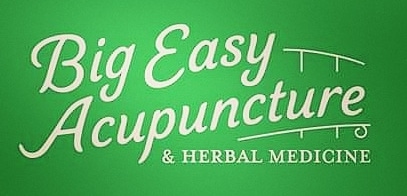
 Acupuncture for Colds & Flu | Big Easy Acupuncture, Metairie LA
Acupuncture for Colds & Flu | Big Easy Acupuncture, Metairie LA Acupuncture For Carpal Tunnel Syndrome | Big Easy Acupuncture, Metairie LA
Acupuncture For Carpal Tunnel Syndrome | Big Easy Acupuncture, Metairie LA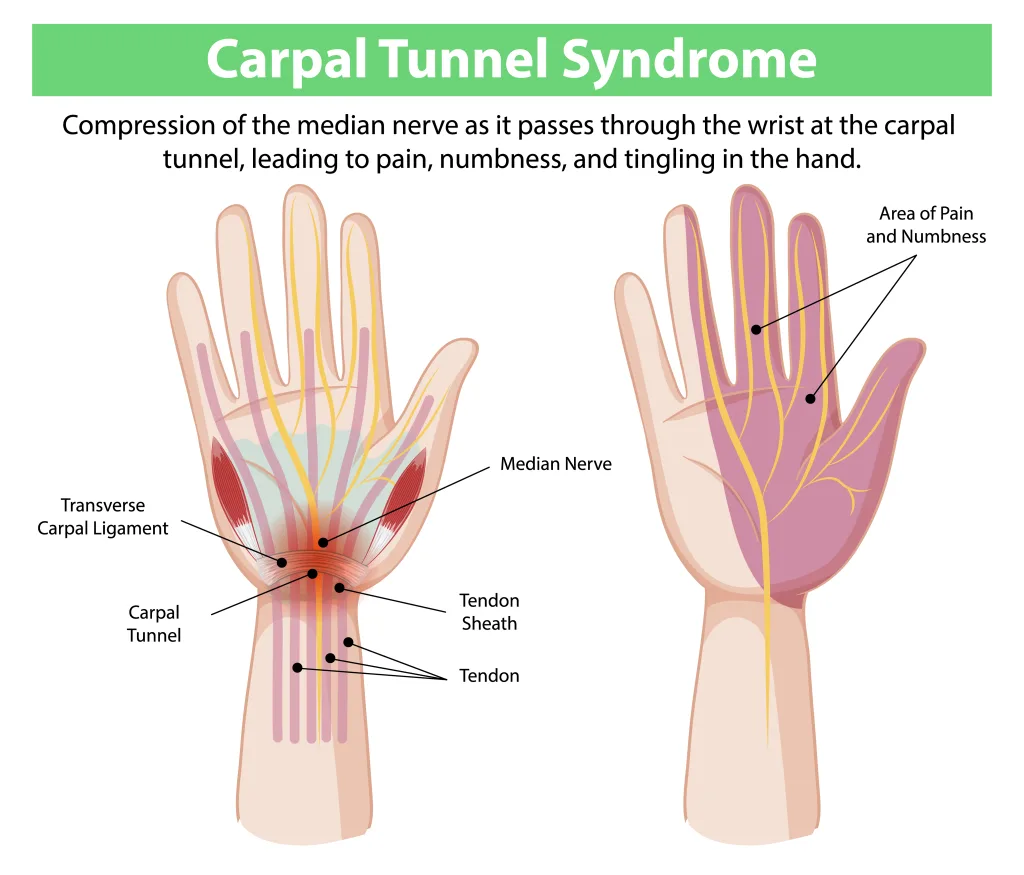 What Is Carpal Tunnel Syndrome?
What Is Carpal Tunnel Syndrome?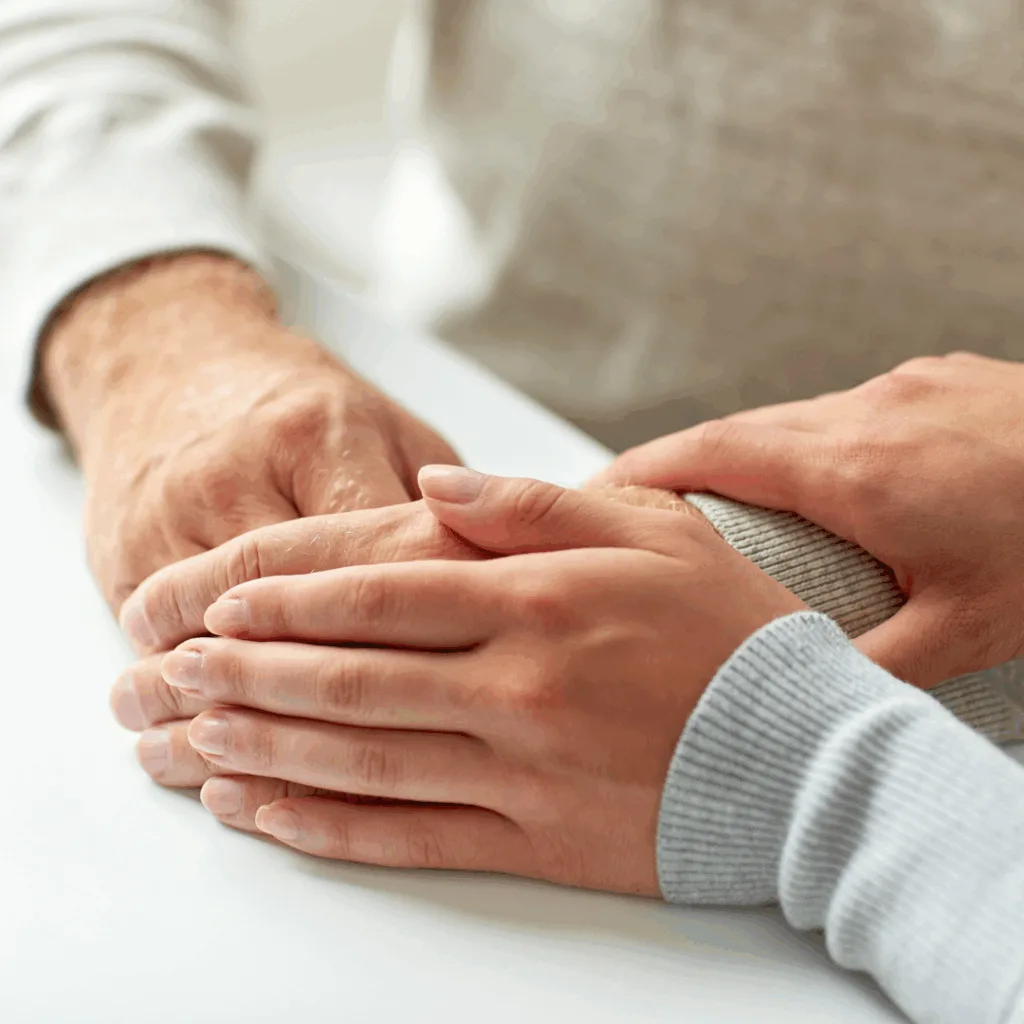 Hearing the word cancer can be scary. You may feel worried, confused, or unsure about what will happen next. But there is hope. Many people recover from cancer or live long, healthy lives with the right care and support. Today, there are more treatments than ever before to help stop cancer, slow it down, or make you feel better while you heal.
Hearing the word cancer can be scary. You may feel worried, confused, or unsure about what will happen next. But there is hope. Many people recover from cancer or live long, healthy lives with the right care and support. Today, there are more treatments than ever before to help stop cancer, slow it down, or make you feel better while you heal.